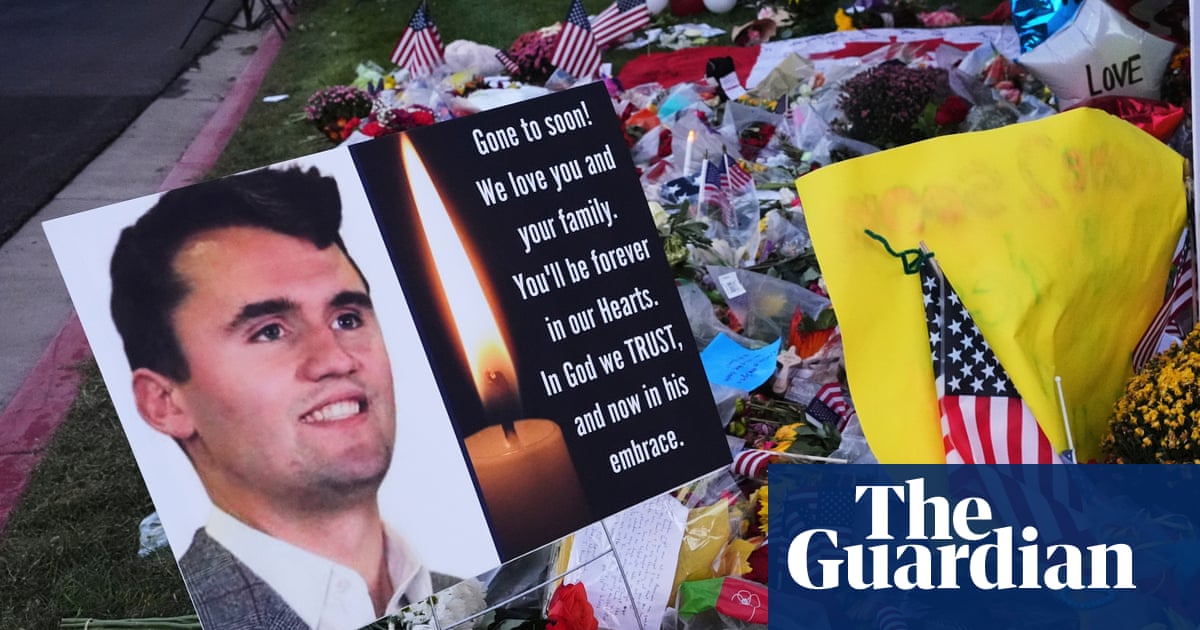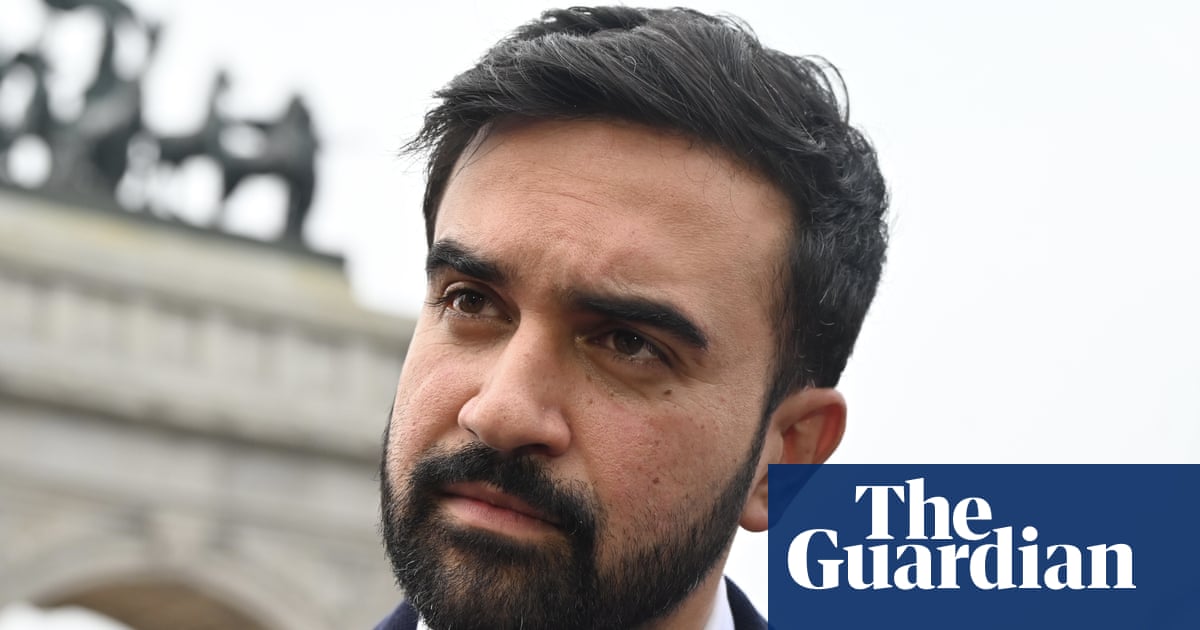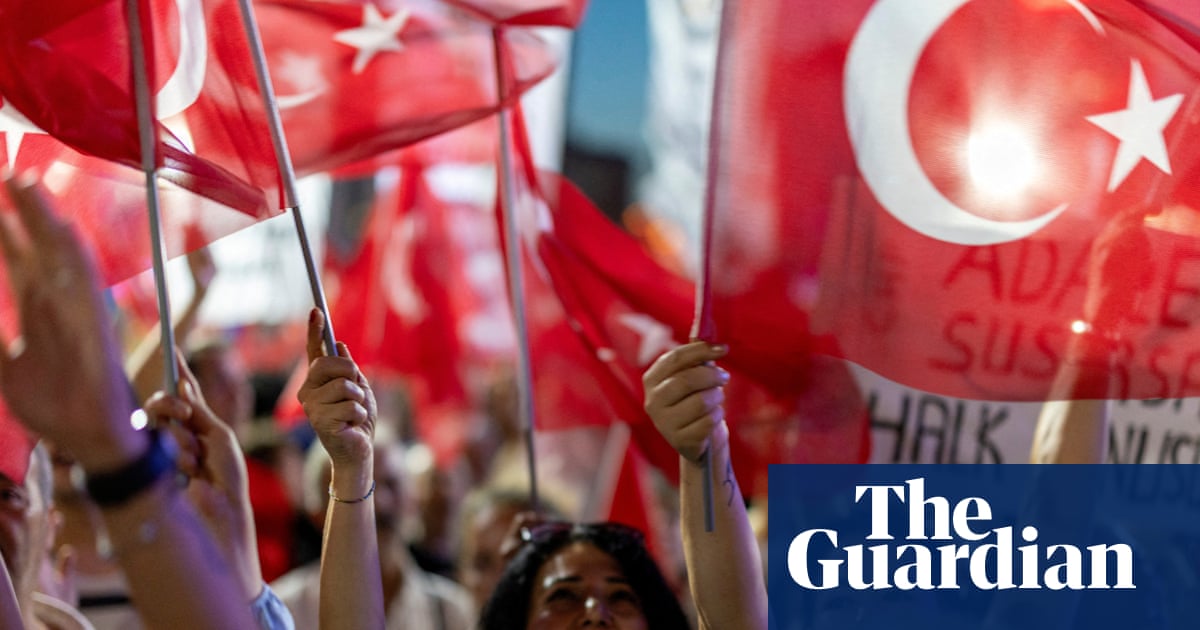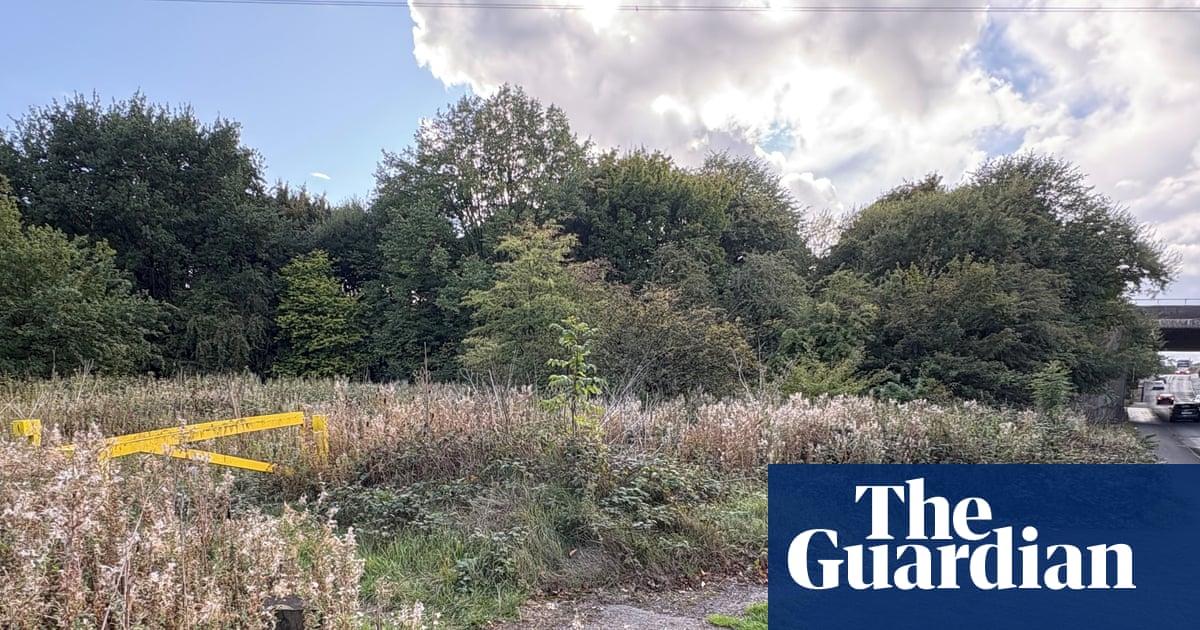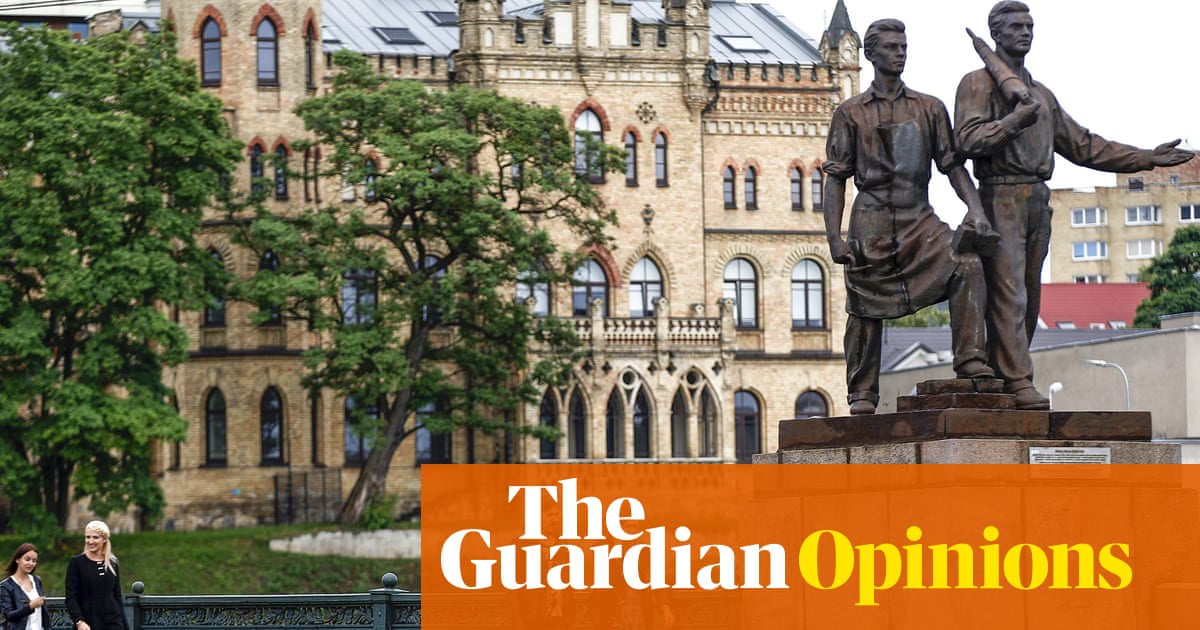A day after Iranian missiles struck, workers were still clearing rubble from the charred remains of an apartment block in Ramat Aviv, a quiet suburb in north-west Tel Aviv.
Bystanders stopped and stared at the destruction, some posing for selfies in front of the impact site, other flipping through a diary belonging to one of the building’s residents, which had been thrown on the pavement.
“This feels like one long day, it’s non-stop,” said Liat, the CFO of an entertainment firm in Tel Aviv, as she surveyed the destruction. “You have to go to the shelter three or four times in a day. We want to go back to regular life, to have fun again.”
The neighbourhood in Tel Aviv was one of 10 sites hit across Israel on Sunday, in the most intense Iranian barrage yet, which left 23 people injured. It came just a few hours after the US military attacked three nuclear sites in Iran, which it said “devastated” Iran’s nuclear capabilities.
A day after the strike, Israelis were wondering how long the war with Iran would last, as Israeli officials issued contradictory statements.
Benjamin Netanyahu, the Israeli prime minister, said on Sunday night: “Once we achieve the goals, we will not continue beyond what is necessary. But we won’t end it prematurely either. We will not be drawn into a war of attrition. But nor will we end this action, this historic operation, before we achieve all its goals.”
Fighting started on 13 June after Israel launched hundreds of airstrikes on Iran in what it said was a military operation designed to prevent the country from obtaining a nuclear weapon. Iran quickly responded with a barrage of missiles and drones, kicking off a steadily escalating war now in its second week.
Previously, the Israeli military said its goals were to cripple Iran’s nuclear and ballistic missile programme, as well as stop what they said was an Iranian plan to destroy Israel.
On Monday, it seemed unclear if Israel’s goals had expanded, with Donald Trump floating the idea of regime change in a social media post and Israeli strikes on internal security forces’ headquarters in Tehran.
In Israeli media, senior defence officials were cited arguing that Israel should seize the opportunity and forge a rigid deal with Iran while it was on the back foot.
To Liat, the prospect of a prolonged war was daunting. Iran, unlike Hamas or Yeman’s Houthi rebels, she said, was a proper state with proper missiles. Israel is still fighting in Gaza, where nearly 60,000 people have been killed in its military campaign over the last 20 months – a war launched after the Hamas attack on Israel on 7 October 2023, which killed 1,200.
Liat said: “This war has to end. It’s been almost a week and a half and its enough. When the Houthis would strike us, we would stay in bed, it wasn’t scary. But buildings are collapsing, you think, ‘it could be me’.”
Iranian strikes have killed 24 people in Israel and wounded hundreds more. Israeli strikes have killed at least 430 and wounded more than 3,500 in Iran.
Thousands have been displaced across Iran, particularly from the nation’s capital, Tehran, which has experienced heavy bombing over the last 10 days.
On Monday, the effects of Sunday’s strikes in Israel were still plain to see, with broken glass still littering the promenade of a nearby mall. Many businesses across the country were closed as the Israeli home front limited large gatherings so as to ensure adequate space in bomb shelters distributed across the country.
Life seemed to continue with some sort of normalcy. Across the street from the blast site, people sipped coffee at a cafe, stickers still affixed to the newly installed windowpanes. People jogged on the streets of Tel Aviv as the Israeli military announced that it had just completed a series of strikes in western Iran.
Despite Iran launching missiles at Israel in the morning, there were no injuries from that salvo.
The war with Iran has widespread support in Israel, even among the country’s opposition, with Yair Lapid, Israel’s opposition leader, praising Israel’s strikes as “justified and necessary”.
There have been very few protests against the war within Israel, particularly as the home office’s restrictions prohibited gatherings.
Gil, a 32-year-old tech worker who lives near the strike site in Ramat Aviv, said: “I think there is a broad understanding that it’s absolutely necessary, I don’t think any civilian is in any position to say when and how the war should end – we just don’t have the data.”

 2 months ago
57
2 months ago
57



